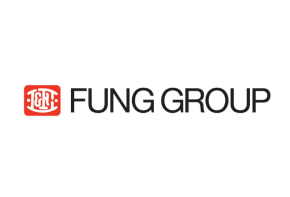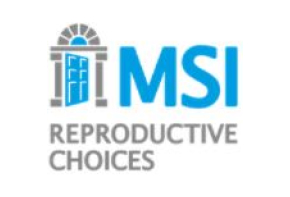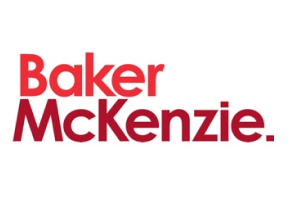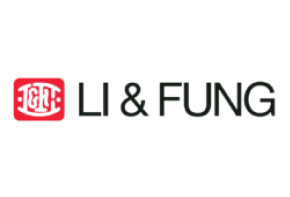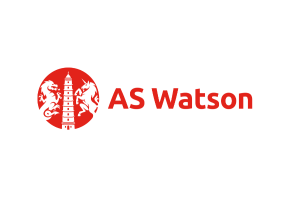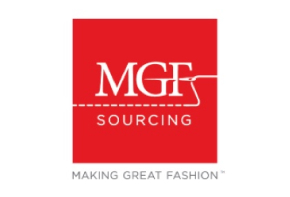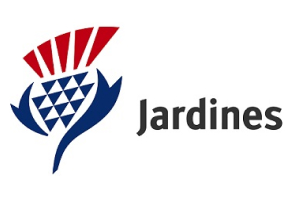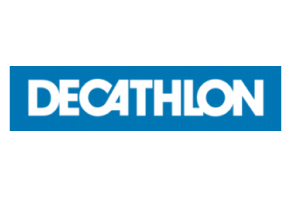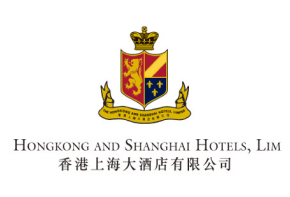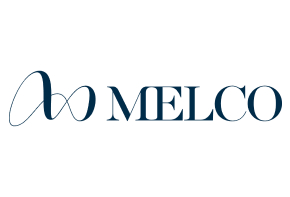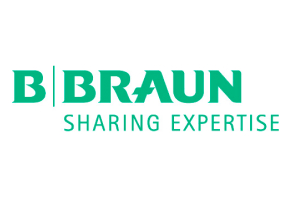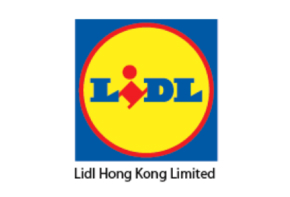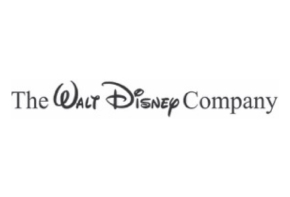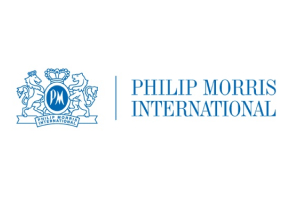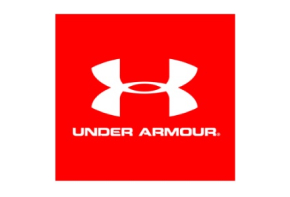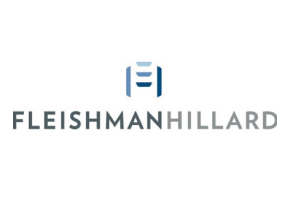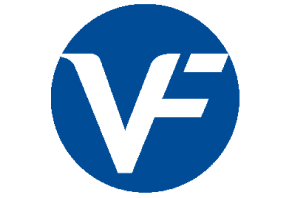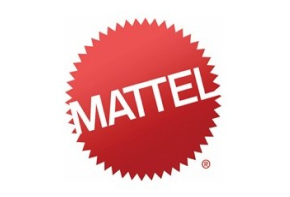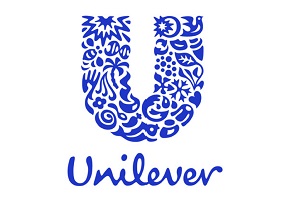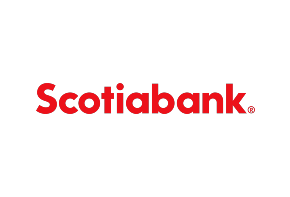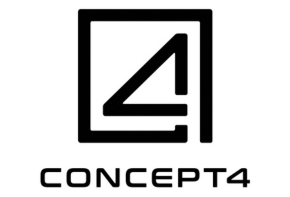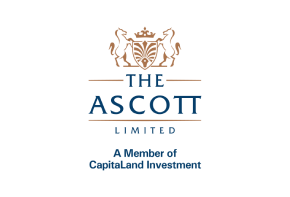Tackle Modern Slavery in the Agriculture Sector
Farming and Agriculture are affected heavily by modern slavery, as workers are used to pick crops, tend to farmland, and process raw materials. Access a detailed list of goods identified as having a high risk of forced and child labour.
The Mekong Club works with agricultural businesses to end modern slavery. Companies join our community to benefit from anti-slavery toolkits, consultations and support in developing ethical practices.

Work With Mekong Club to Make a Difference
-
1
Access to industry expertise and best practices
-
2
Collaborate with a global network of professionals
-
3
Reduce the risk of modern slavery in your business through training
-
4
Exceed ethical and sustainability targets
-
5
Become a leader in anti-slavery
Modern Slavery in Agriculture
The Stories Behind The Stats: Polaris reports that labour trafficking spans various industries, from domestic work, where victims often face 12-18 hour workdays with minimal to no pay, extreme isolation, and various forms of abuse, to agriculture and animal husbandry, including work in fields and farms.
Tobacco, with its labour-intensive harvesting requirements, is notably susceptible to forced labour, representing 10% of agricultural trafficking cases reported. Other commonly exploited areas include dairy, citrus, tomatoes, and strawberries. Often, workers are lured with promises of hourly wages but are paid at a piece-rate, limiting earnings and trapping them in exploitative conditions. Victims frequently include Latino male migrant workers from Mexico and Central America, holding seasonal H-2A visas, with South African men and Latinas, as well as unaccompanied minors, also significantly affected.
The Mekong Club have developed an assessment to deep dive into your working practices. Find out how you score in your anti-slavery strategies against industry standards through our confidential self-assessment.
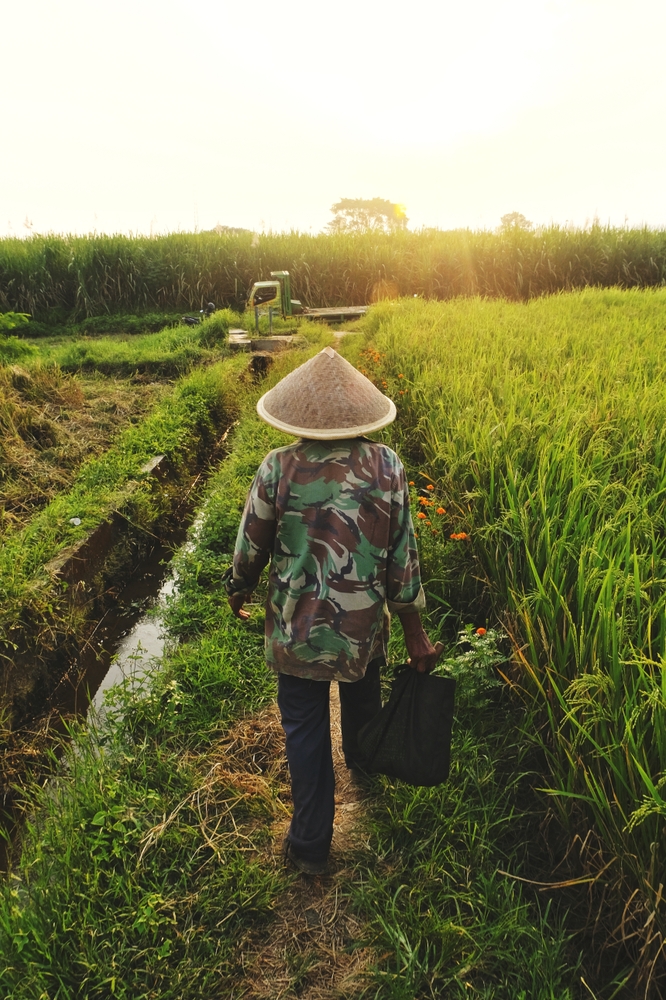
Modern Slavery Challenges the Agriculture Sector Faces:
The agriculture sector faces significant challenges related to modern slavery, underscored by its high-risk status for labour exploitation. The International Labour Organisation identifies agriculture, along with forestry and fishing, as having one of the highest proportions of forced labour victims globally.
The key challenges include:
Language Barriers and Contractual Misunderstandings
Many agricultural workers do not receive contracts in their native language, leading to misunderstandings about work conditions, rights, and expectations. This lack of clarity can trap workers in exploitative situations without a clear recourse.
1. Poor Living Conditions
A significant number of workers in the agriculture sector endure substandard living conditions, lacking basic amenities such as safe, comfortable housing, bathrooms, and kitchens. These conditions not only reflect the disregard for worker welfare but also contribute to the workers’ dependency on their employers, a key indicator of modern slavery.
2. Discrimination and Abuse
Reports of discrimination, racism, and abuse by farm managers and supervisors are common, including mistreatment based on nationality. Such an environment fosters fear and discourages victims from speaking out or seeking help.
3. Inadequate Recruitment Standards
The sector often exhibits poor recruitment practices, including the charging of illegal recruitment fees, misleading job promises, and contracts that make it difficult or impossible for workers to leave their employers, further entrenching them in exploitative conditions.
4. Economic Pressures
The drive to lower prices and gain a competitive advantage in the market often results in cost-cutting measures that can compromise labour standards. This economic pressure can lead to wage suppression and unsafe working conditions, conducive to modern slavery practices.
Addressing these challenges requires a multi-stakeholder approach, including stronger enforcement of labour laws, improved living and working conditions, transparent recruitment processes, and a commitment from all parties to uphold human rights within the sector.
Take Mekong Club’s self-assessment to understand how organisation is doing, what you’re doing well, and where you can improve.
Testimonials
-
 Being a member of the Mekong Club, we have access to an expert team with whom we can discuss issues relating to modern slavery in the supply chain, including putting safeguards in place to identify and mitigate risks, compliance with regulatory requirements relating to modern slavery including employee training. We also benefit from interactions with like-minded member/professionals through webinars and events organized by the club.
Being a member of the Mekong Club, we have access to an expert team with whom we can discuss issues relating to modern slavery in the supply chain, including putting safeguards in place to identify and mitigate risks, compliance with regulatory requirements relating to modern slavery including employee training. We also benefit from interactions with like-minded member/professionals through webinars and events organized by the club.
-
 Our collaboration with the Mekong Club has been nothing but a success. This is due to two factors: i) They have continually met us where we are as a company. When we knew little, they held our hand. As we have grown, they challenge our thinking and press for progress. ii) Modern slavery can be a very difficult and sensitive topic to discuss as a company. However, from the beginning, Mekong Club has created a safe space to dig deeper and look for solutions, rather than finger-pointing.
Our collaboration with the Mekong Club has been nothing but a success. This is due to two factors: i) They have continually met us where we are as a company. When we knew little, they held our hand. As we have grown, they challenge our thinking and press for progress. ii) Modern slavery can be a very difficult and sensitive topic to discuss as a company. However, from the beginning, Mekong Club has created a safe space to dig deeper and look for solutions, rather than finger-pointing.
-
 It is invaluable to work with people who are so passionate about certain issues. Mekong Club is very competent and knowledgeable with regards to many aspects of the labour force within the supply chain. They are able to identify hotspots and issues that are relevant and important to international buyers, a level of application that is not possible without extensive knowledge. From issues at an industry level, to modern slavery from a global standpoint, Mekong Club is able to piece and link together practical information for members to act on for modern slavery prevention.
It is invaluable to work with people who are so passionate about certain issues. Mekong Club is very competent and knowledgeable with regards to many aspects of the labour force within the supply chain. They are able to identify hotspots and issues that are relevant and important to international buyers, a level of application that is not possible without extensive knowledge. From issues at an industry level, to modern slavery from a global standpoint, Mekong Club is able to piece and link together practical information for members to act on for modern slavery prevention.
Preventing Modern Slavery
in The Agricultural Sector
The agricultural industry bears a crucial responsibility in addressing and preventing modern slavery within its operations and supply chains. Businesses in this sector can take several concrete steps to fulfil this responsibility:
Enhance Transparency:
Implement transparent recruitment processes and provide clear, understandable contracts to all workers, in their native languages, to ensure they are fully aware of their rights and obligations.
Improve Worker Education:
Offer regular training sessions for workers on their rights, how to recognise signs of exploitation, and safe channels for reporting concerns without fear of retaliation.
Strengthen Supply Chain Oversight:
Conduct thorough due diligence on all suppliers and subcontractors to ensure they adhere to ethical labour practices. Regular audits and assessments should be part of this effort to identify and address potential risks of modern slavery.
Implement Robust Worker Protection Policies:
Develop and enforce policies that protect workers from abuse, discrimination, and unsafe working conditions. These policies should be clearly communicated to all employees and contractors.
Establish Grievance Mechanisms:
Create confidential and effective grievance mechanisms that allow workers to report abuses or concerns without fear of retribution. These mechanisms should be easily accessible to all workers, including those who speak different languages.
By adopting these steps, businesses in the agricultural industry can play a pivotal role in combating modern slavery, ensuring the welfare of their workers, and setting a standard for ethical practices within the sector.
The Mekong Club can help organisations in the agricultural industry spot the signs of modern slavery and develop strategies to eliminate it.
Take a Stand:
Start Preventing Modern Slavery in the Agricultural Industry!
The agricultural industry must actively combat modern slavery by recognising its vulnerability due to seasonal and low-skilled labour reliance.
Key actions include enhancing supply chain transparency, ensuring ethical recruitment, improving working conditions, and educating workers on their rights. Establishing effective grievance mechanisms and collaborating with stakeholders like NGOs and government bodies are essential.
By taking these steps, the industry can protect worker dignity, promote ethical practices, and lead in the fight against modern slavery. Committing to these efforts is crucial for fostering sustainable and fair labour practices across the agricultural sector.
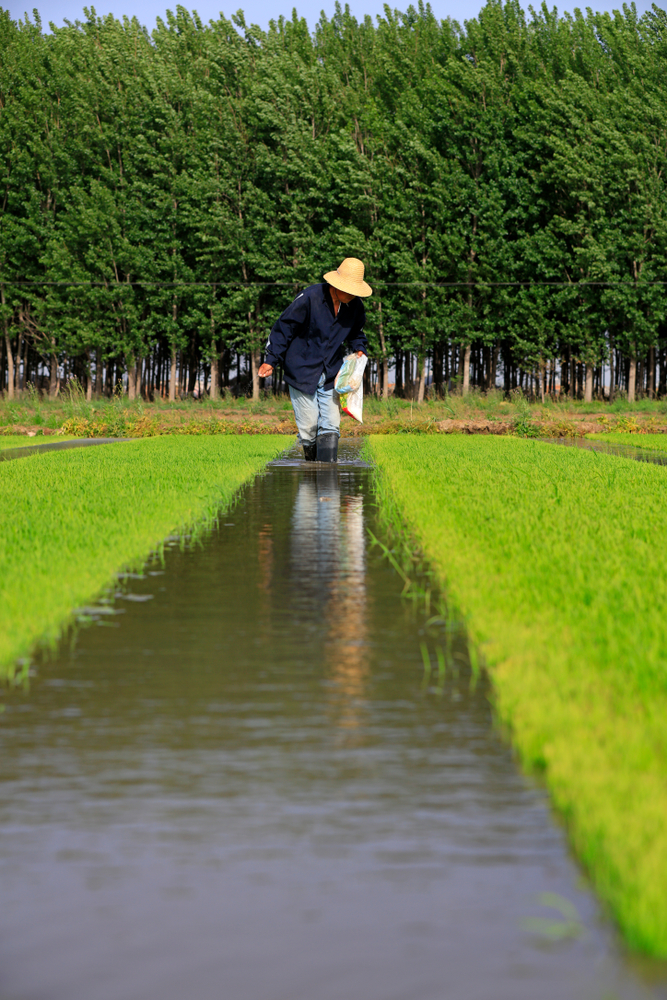
Latest News & Events
FAQs
-
What are the first steps to identify modern slavery in the agriculture sector?
-
Can small-scale farmers afford to implement measures against modern slavery?
-
How do you assess modern slavery?
-
How can we assess the impact of our anti-slavery initiatives?
-
How much does it cost to become a member of the Mekong Club?
-
How often will I hear from the Mekong Club?

